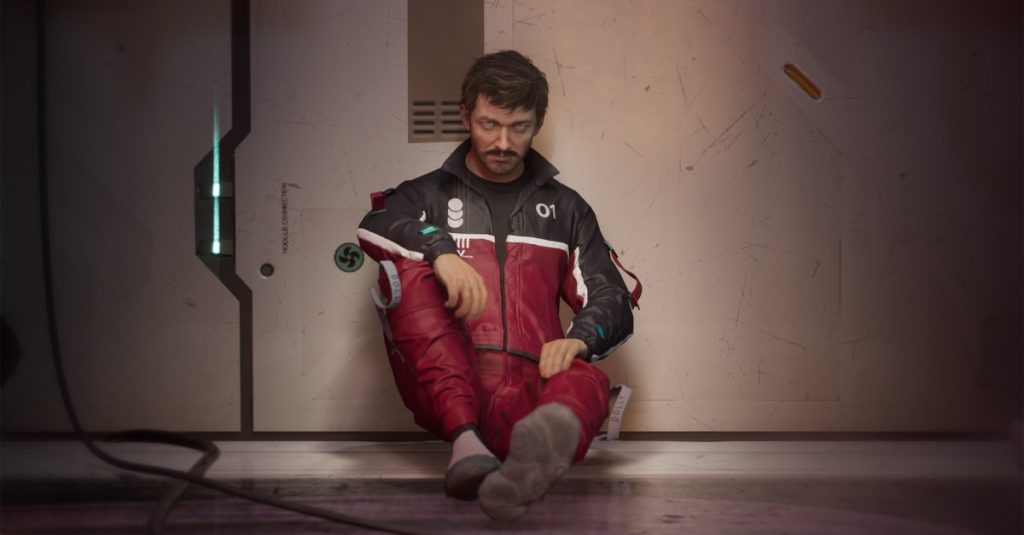As players continue to delve into the emotionally charged narrative of The Alters, they face increasingly difficult moral dilemmas that challenge the very essence of humanity. The game, developed by 11 Bit Studios, takes players on a journey through a blend of strategy and existential reflection, especially as they navigate the perilous events of Act 2. Here, every decision feels weighted, and the consequences can lead to intense emotional outcomes.
Encountering Moral Dilemmas
In Act 2 of The Alters, protagonist Jan Dolski encounters a shocking twist when his beloved clone sheep, Molly, dies unexpectedly. This event sets off a series of choices with dire implications not just for Jan but for all of his clones—his alters—who are energetically engaging in the survival efforts within their giant-wheel space base. The narrative invites players to question the morality of their choices, particularly in regards to the well-being of these clones, who are produced from alternate timeline consciousnesses and serve essential roles like resource management and base maintenance.
The tension escalates as players must ensure that none of their alters fall into danger, essentially leading Jan through a labyrinth of ethical quandaries. The atmosphere is palpable with a sense of urgency and anxiety, as players are left to manage multiple personalities with distinct needs and emotions. As they grapple with the fate of their clones, each player’s choice in the game reflects their personal moral compass, creating a uniquely engaging experience.
Choices and Consequences
Jan finds himself at a crossroads when he learns that his alters might be afflicted with the same fate that befell Molly. The shadowy figure of Maxwell emerges, presenting a chilling solution: to clone an alter, keep him sedated until he is devoid of consciousness, and then sacrifice him to obtain the healthy brain matter needed for a cure. This “Tabula Rasa” scenario presents a heart-wrenching illustration of the trolley problem, where sacrificing one for the many becomes an agonizing choice.
Faced with this dilemma, players are thrust into a profound exploration of life and identity. The alter, though a blank slate, is still a part of Jan’s extended family. Killing him poses the significant question of moral responsibility and the value of life, even when that life is not yet fully formed. In a parallel twist, a potential solution presented by Jan’s ex-wife, Lena, involves implanting computer chips into the alters’ heads to save them. However, this would expose their existence to a predatory corporation, AllyCorp, leading to dire repercussions.
Both options do not provide a clear path; the consequence of sacrificing Tabula Rasa could mean losing a vital part of Jan’s identity, while revealing the alters could guarantee their exploitation. The design of The Alters ensures that no route is without peril, forcing players to sit with their decisions and the emotional fallout that accompanies them. The absence of a morality meter amplifies this tension, as players must rely on their judgment and the feedback from their alters to gauge the impact of their choices. For instance, sacrificing the new alter could elicit anger and resentment from the remaining alters, leading to division and conflict.
Community Impact and Reception
The emotional depth and ethical complexity of The Alters have resonated with the gaming community, providing a rich ground for discussion and exploration of what it means to make sacrifices for the greater good. Player feedback across forums showcases a spectrum of opinions regarding the choices made in Act 2. One player expressed, “Every decision felt like a heavy weight on my shoulders, especially when there’s no clear right path. It makes the game so immersive but also deeply unsettling.” This sentiment is echoed across various platforms, reflecting the game’s capacity to engage players on psychological levels.
Moreover, according to a survey by Statista, 72% of players indicated that story-driven games with moral dilemmas enhance their overall gaming experience, making titles like The Alters exceptionally relevant in today’s market.
As Jan confronts the fallout from his decisions—be it rebellion among the alters or the morally fraught choices he must make—The Alters continually tests players’ resolve. It encourages players to question not just their in-game decisions, but what those decisions mean in the larger context of human experiences and relationships. With Act 3 looming, players ponder how to navigate the next stage of Jan’s journey while grappling with the gravity of past choices.
Conclusion
The Alters transcends conventional video game narratives by intertwining mechanics of survival with rich storytelling, making each choice laden with meaning. As the Jans strive to survive amidst personal conflict and moral ambiguity, their journey serves as a reflective mirror of human ethics, survival, and the familial bonds we form—even in the unlikeliest of circumstances. As players, the challenge lies in how to protect those who are fundamentally parts of ourselves, proving that even in a world of clones, the essence of humanity remains intricate and profound.

